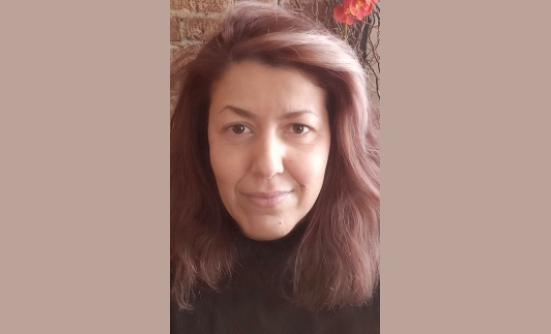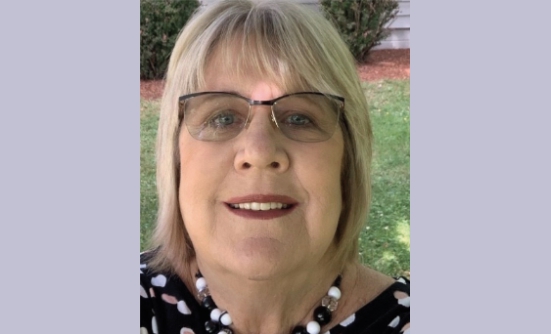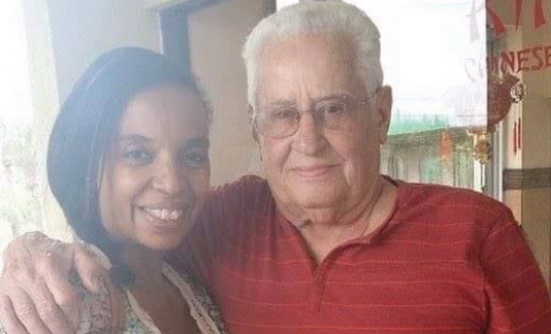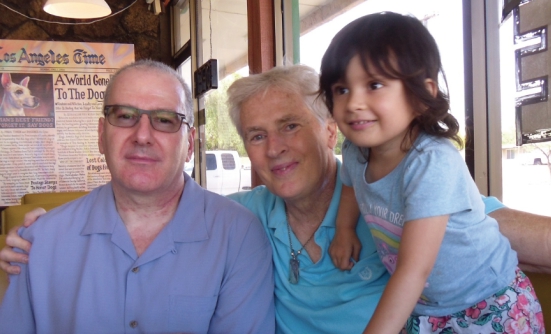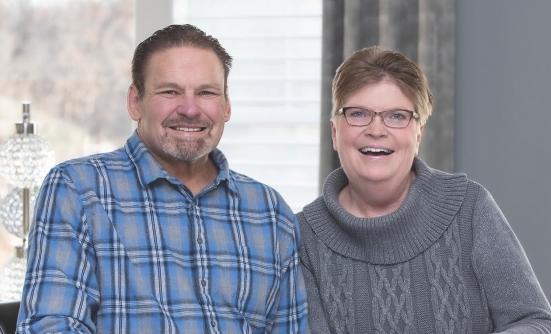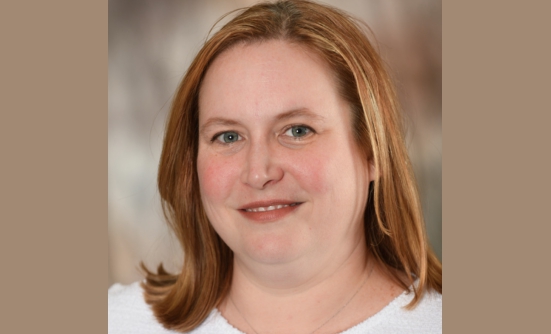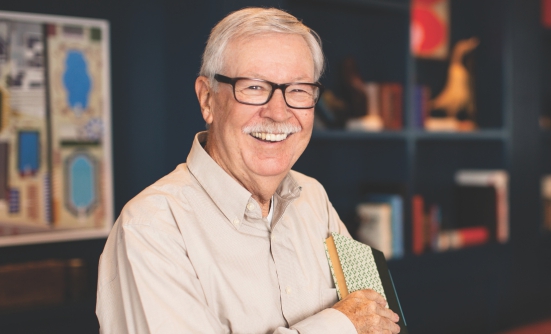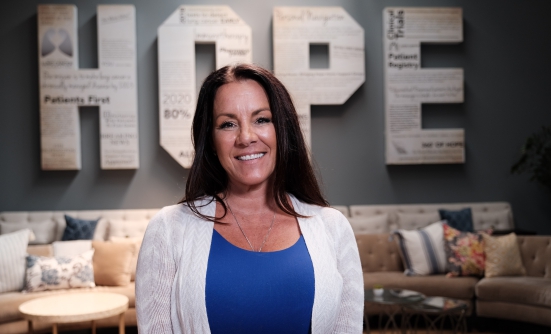On Memorial Day weekend in 2011, my father-in-law had a heart attack while sleeping. He died suddenly, at age 66. Grieving the loss of a man who had been like a dad to me in my adulthood was difficult; it was complicated by the need to help guide my own children through the intensity of their first great and sudden loss.
Mom’s Breast Cancer: Becoming a Caregiver
Only 5 months later, my mother was diagnosed with breast cancer for the second time in her life. My younger sister and I became our mom’s caregivers. We stayed with her after surgery, emptied her drains, sat with her during chemotherapy, and attended her doctors’ appointments. A very private person, my mom was adamant about not sharing her diagnosis with family and friends. It was her cancer, she said, and she would approach it the way she wanted. She did not identify with the pink ribbons decorating every soup can, box of cereal, and pair of socks in the grocery store that October.
My sister and I respected her wishes and limited the number of people with whom we shared details of her diagnosis, only doing so with her permission. As a result, we were limited to very few resources when it came to taking care of our own needs for support through that difficult time. Sharing and seeking solace on social media was out of the question. We couldn’t discuss any details with her siblings. It was scary and isolating. Who supports the people who are supporting the person with cancer?
The Many Benefits of Keeping a Journal
With the start of a new calendar year, I was drowning in the chaos of caring for my mom during chemotherapy, starting a stressful new job, and taking care of my own family’s needs. This led me to make a New Year’s resolution: for 365 days, I would keep a journal of daily gratitude.
I found an inexpensive diary at the local bookstore. I figured that if I invested some money into a blank journal that I liked, I would be more likely to want to pick it up and use it. My rules were simple: each night before bed, no matter how tired I was or how unmotivated I felt, I had to write one thing for which I was grateful. Only positive things were allowed in the journal: it was not a vessel to hold whining; it was meant to be a sacrosanct space, full of light and warmth.
In the beginning I struggled to find something for which I was grateful. I was overwhelmed by my concerns, fear, and uncertainty that come with a loved one’s cancer diagnosis, while still grieving the death of my father-in-law. Originally, I thought I had to be grateful for something big, such as winning the lottery or buying a new car; it felt like I was panning for gold with a blindfold on.
As with any exercise, as I pushed myself to continue journaling my daily gratitude, I found it slowly becoming easier and eventually habitual. I learned to give thanks for seemingly simple things: for working heat on a freezing winter morning; for the glimpse of a yellow butterfly reminding me of a special patient; for a pen loaned by a co-worker when mine was missing; for a 2-for-1 sale at the grocery store. I could no longer stop with a single thing for which I was appreciative; rather, I found the myriad of little things for which I was grateful flowed abundantly onto the page. My pen would zip across the paper–1, 3, 6 things for which I was thankful that day. Sometimes I filled several pages at a time with entries of gratitude.
The Healing Power of Gratitude
My mom finished her treatment and soon the year came to a close. I had successfully kept my New Year’s resolution: 365 entries full of gratitude. In the process, I had found a way to cope and manage the anxieties and stressors of caring for my mom and for my family. The journaling exercise became such a part of my daily routine that it has become a part of my nightly routine for more than 4 years now.
The biggest benefit to keeping the journal is that I now automatically think in terms of gratitude throughout the day. When something bad or unfortunate happens, my mind immediately seeks out and focuses on the positive side of the situation. I have trained myself to see what I have instead of what I don’t have.
Scientists are discovering the benefits of gratitude journaling go beyond the mind and can also affect the body in positive ways. Recently, researchers found that for people with heart failure, 8 weeks of gratitude journaling resulted in physiological changes that reduced the risk for disease progression.1 As with any other form of exercise, there is growing evidence that practicing gratitude can lead to a healthier body, as well as a healthier outlook on life.
Gratitude journaling began as a way to cope as a cancer caregiver when I had few other options for obtaining the support I needed. It ended up changing the way I approach life. And for that I am grateful.
Reference
- Mills PJ, et al. The role of gratitude in spiritual well-being in asymptomatic heart failure patients. Spirituality in Clinical Practice. 2015;2(1):5-17.







